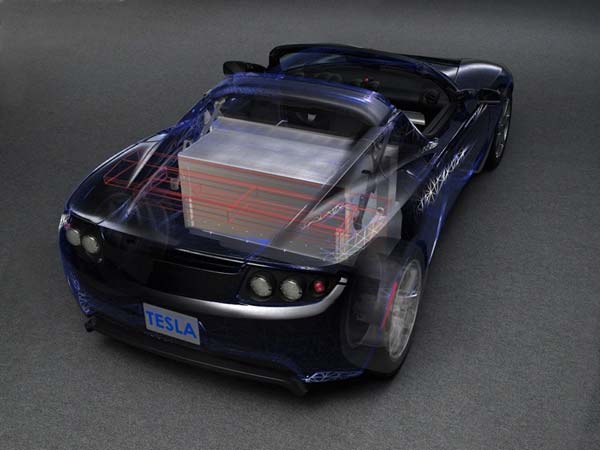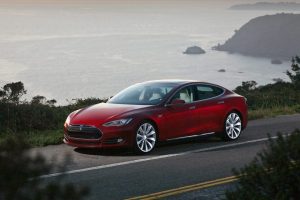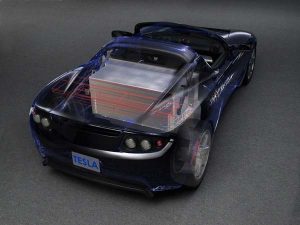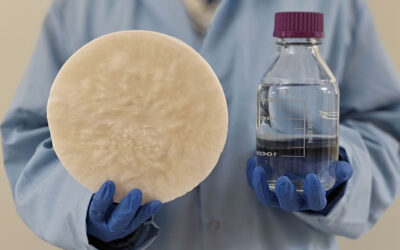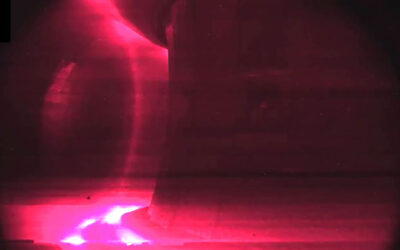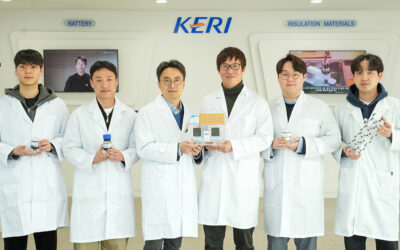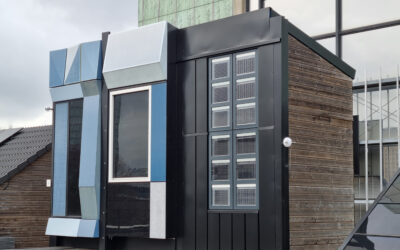Tesla Motors has delivered its Tesla Model S electric car to its first customers. The company plans on building 5000 cars in 2012, and 20,000 in 2013, using lithium ion batteries from Panasonic.
New Tesla Model S
The Tesla Model S is the world’s first premium sedan to be built from the ground up as an electric vehicle, meticulously engineered to elevate the public’s expectations of what a premium sedan can be. The five-door premium sedan competes with the top cars in its class in spaciousness, handling and style, yet produces zero emissions. Because there is no internal combustion engine or transmission tunnel, the interior of the car allows for additional cargo space in the front of the vehicle and one of the most spacious cabins in its class.
The heart of the Tesla Model S is its efficiently-packaged electric powertrain that sets a new EPA record for electric vehicle range of 265 miles. The Model S comes with three battery options – 40 kWh, 60 kWh and 85 kWh. The battery’s floor-mounted position gives the Model S a low center of gravity and ideal weight distribution for exhilarating performance and superior handling.
Lithium Ion Batteries from Panasonic
Batteries are provided by Panasonic. The two companies have developed a next-generation battery cell based on this nickel chemistry and optimized specifically for electric vehicle quality and life. These new cells will combine with Tesla’s proven EV battery expertise gained from more than 15 million customer miles driven in Tesla Roadsters and thousands of hours of cell and battery testing to create the most capable electric vehicle ever produced, the Tesla Model S.
“It is a powerful endorsement of our technology that Panasonic, the world’s leading battery cell manufacturer, has chosen to partner with Tesla to advance electric vehicle performance and value,” said Tesla Co-Founder and CEO Elon Musk. “Incorporating Panasonic’s next-generation cells into Model S batteries will ensure unrivaled range and performance. We are very grateful for our strong partnership with Panasonic.”
“Panasonic will supply lithium-ion cells for EVs that can achieve longer range with large energy density. It is our pleasure to start supplying the cells for Tesla’s Model S and promote sustainable mobility,” said Masato Ito, President, Energy Company of Panasonic Corporation.
To learn more about how lithium ion batteries work and the materials used to fabricate them, read the recent review “Advanced Materials for Energy Storage” by Hui-Ming Cheng in Advanced Materials.

